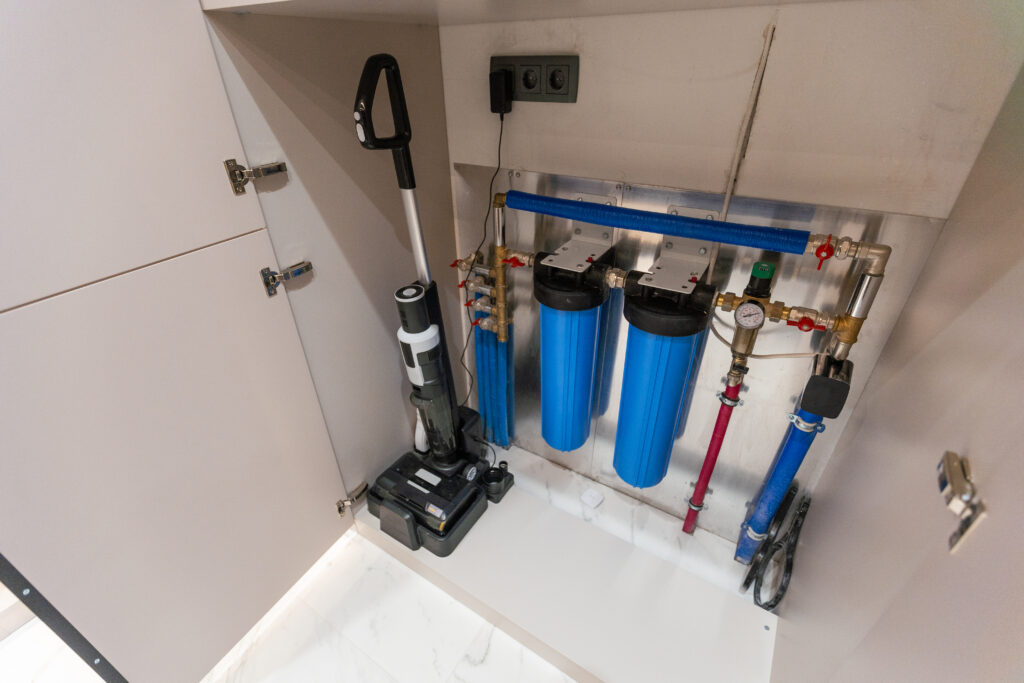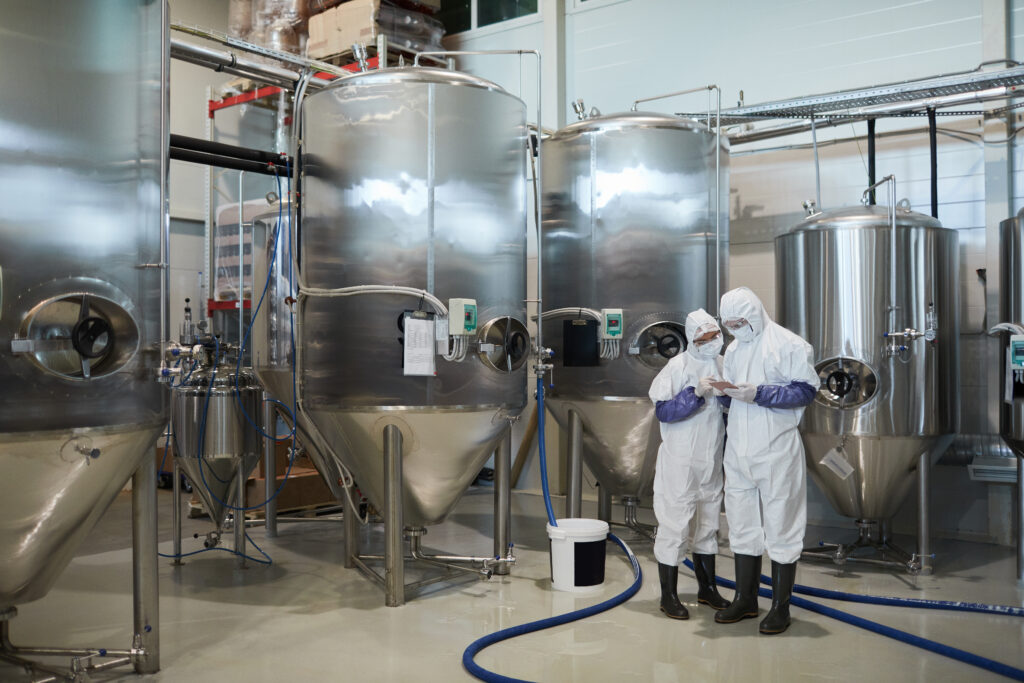
Insight from a Thin-Wall Membrane Manufacturer: Features and Applications
If you are considering a thin-wall membrane for your product, it is crucial to understand the features and applications of these membranes. As a thin-wall membrane manufacturer, we have seen this thin, flexible, and versatile membrane make its way into a variety of applications due to its unique properties and high performance. This blog dives into the characteristics of thin-wall membranes, their diverse applications, and current and future trends.

Key Characteristics of Thin-Wall Membranes
Thinness: As the name points out, thin-wall membranes have minimal thickness which allows engineers to design and develop with high precision in applications where there are weight restrictions and small spaces.
Permeability: Thin-wall membranes are ideal for filtration systems or separation processes as they are permeable and allow for passage of certain molecules or ions.
Chemical Resistance: Durability in harsh environments is a key characteristic of thin-wall membranes. Chemical resistance is very important for many applications, so when you’re selecting a thin-wall membrane manufacturer, discuss your application’s operating environment.
Mechanical Strength: Although thin in structure, thin-wall membranes have high mechanical strength which allows them to withstand pressure and stress in high demanding applications.
Flexibility: The thin-wall membrane is designed for applications that require flexibility and the ability to adapt to various shapes and sizes.
Biocompatibility: If you’re designing a medical device component, biocompatibility will be important. Thin-wall membrane manufacturers will take medical industry standards into consideration to ensure the materials utilized are safe to use when in contact with biological tissues or fluids.

Applications of Thin-Wall Membranes
Medical Devices: As a thin-wall membrane manufacturer, we design and develop many medical device components with these membranes. Given their precision and biocompatibility, they are a great option for dialysis machines, drug delivery systems, and blood oxygenators.
Water treatment Systems: As we mentioned above, thin-wall membranes play a large role in the filtration system removing contaminants in water. Both municipal and industrial treatment plants use thin-wall membranes.
Food and Beverage: Pasteurization, fermentation, and flavor extraction commonly use thin-wall membranes to help sustain purity and consistency for food products. The membrane helps ensure customer safety and quality of food or beverage.
Electronics: Although you may not have suspected, thin-wall membranes are often used in the production of sensors, batteries and microelectronics. Also think of component protectors for sensitive electronics.
Pharmaceuticals: As a thin-wall membrane manufacturer we see these membranes often used in pharmaceutical manufacturing, specifically filtration and purification processes. The membranes help ensure the end product meets strict industry regulations.

Current Trends and Future Innovations in Thin-Wall Membranes
As we continue to seek miniaturization in every industry, thin-wall membranes are keeping up with the demand. We are specifically seeing a micro injection molding technique that allows for the creation of extremely thin-wall membranes. This complex process requires extreme precision.
Another trend we continue to see in various industries is the use of eco-friendly materials. The push for sustainability has led many manufacturers to use biodegradable and recyclable materials in the production of thin-wall membranes.
On the same note, energy-efficient production by thin-wall membrane manufactures is a priority. Many manufacturers, including ourselves, align with global sustainability goals and continue to evaluate our production processes to increase our energy efficiency.
We envision the future of thin-wall membranes to include adaptive, self healing, and smart membranes. Adaptive membranes would have the ability to change shape in response to external factors such as temperature or light. Self healing membranes would repair themselves after damage significantly extending their lifespan, and smart membranes would embed sensors for real-time monitoring and data collection.
Find a Thin-Wall Membrane Manufacturer
Researching and investing in the right thin-wall membrane manufacturer for your product will not only enhance your product’s performance but also provide long-term reliability, efficiency, and cost-effectiveness. Whether you are in the medical, industrial, or consumer goods industry, our thin-wall membrane experts can help answer your questions and get you on the path to begin your project. Contact our team today.
